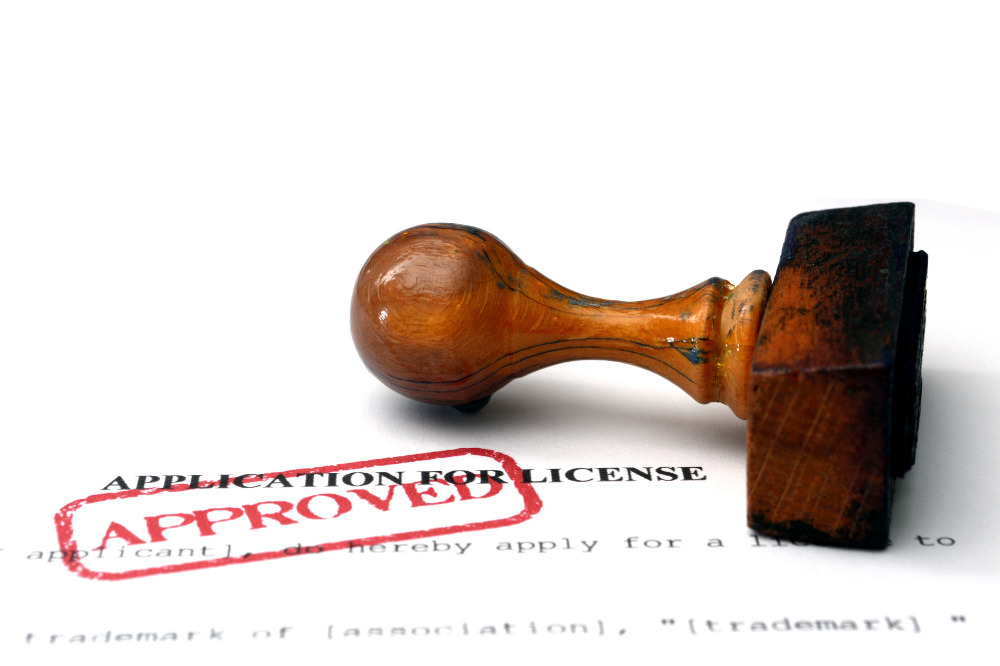When you launch a business, you’ll need to register it and get a business license. As Chron’s SmallBusiness helpfully explains the difference, a license is authorization to open and run a business, while registration is a way of getting the business’s important information in government records. Also, a business license is a way of protecting yourself and your business by showing that the two are separate entities with distinct finances, liabilities, and so on. Depending on the industry you operate in, you may need to obtain multiple licenses or work with a few different government and regulatory agencies.
If the thought of this process is stressing you out, though: well, I got you, Sis! This blog post is here to guide you through a list of some common things you’ll see for business registrations and licenses.
The Things That Everyone Needs
EIN
A federal Employer Identification Number (EIN) is often the first step in registering your business or applying for a business license. In other words, when you go to start either of these processes, you may be asked for an EIN first.
What it is: A unique nine-digit number assigned by the IRS, which becomes your tax ID for the business.
Where to go to find out if and how to register: You can apply for your EIN online on the IRS website or you can download the application and then fax or mail them your completed form.
Typical cost: $0! Applying for an EIN is free.
State Business Registration & State Business License
Every state has different requirements here, so make sure that you check what your state needs!
What it is: This registration shows that your business is located in a certain state and secures your rights to its name there.
Where to go to find out if and how to register: Check your state’s requirements! You can try visiting your state’s.gov website, google “[state name] business registration,” or check out an online resource like this handy article from NerdWallet, which covers how and where to get a business license in each of the 50 states.
Typical cost: Varies, from about $50 to $250+.
City Business License (also called a local business license)
Some cities require business owners to get a license at this level, instead of or in addition to a business license at the state level.
What it is: Authorization to operate in a specific city or similar location.
Where to go to find out if and how to register: Nav.com also has a list of states that require a state business license; if your state isn’t listed here, then you will probably need a city or local business license. Also, try visiting your local Chamber of Commerce, searching for a Department of Regulatory Agencies, or even just googling “[city name] get local business license.” These will usually bring up resources specific to your location!
Typical cost: Varies, between $50 and $200+.
The Things that Some Businesses Need
SAM Registration
The System of Award Management (SAM) is the US government’s primary database of companies and vendors that do business with them. So when you’ve completed your SAM registration, you’re in Uncle Sam’s books!
What it is: An application to receive a five-digit Commercial and Government Entity (CAGE) Code for your business and an entry in the SAM database of all federal contractors.
Where to go to find out if and how to register: As the US Business Registration site reports, any business looking to work with the US government needs to apply for SAM registration. If this applies to you, then you can do that all online at the SAM directory portal.
When you’ll need to use it: You’ll need this registration on hand if you apply as a government contractor or your business will be receiving any form of government payments.
Typical cost: $0! There is no cost to apply for or renew your SAM registration.
Dun & Bradstreet Number (also called a DUNS Number)
This one isn’t *required* of most businesses, but having it can make your company more competitive in certain situations where lenders or credit firms might be looking up your business and associated business credit file.
What it is: A nine-digit number that’s issued by data analytics company Dun & Bradstreet and unique to your business.
Where to go to find out if and how to register: Visit the Dun & Bradstreet website here to learn more about DUNS numbers, which are named for the company’s “data universal numbering system” and are used to maintain real-time files on millions of businesses worldwide.
When you’ll need to use it: Some government contracts and grants require a DUNS number as well as a CAGE number. The difference is that DUNS offers real-time monitoring while a CAGE number is more like an ID.
Typical cost: $0! DUNS registration is free.
Occupancy Licenses/Building Permits
This is another example that often varies by city and state. So make sure you check the requirements of your specific location!
What it is: A license showing that your business complies with local building codes and is authorized to build and/or operate in a particular place
Where to go to find out if and how to register: SmallBusiness offers some useful tips on these forms, and you can also google “[city name] occupancy licenses” for even more specific information. Look for a .org or .gov domain name for more credibility here!
When you’ll need to use it: If you’ll be conducting business from a place that’s not your home, like an office space or a commercial kitchen, then you’ll probably need at least one of these. However, requirements will change depending on whether the building is already built, plus whether you’re renting or buying the space.
Typical cost: Varies, from $150 to $2,000+ (depends on construction, etc.).
Commercial Licenses (i.e., retail, wholesale, industry-based regulatory licenses)
Certain types of businesses come with specific risks, such as foodborne illnesses (restaurants), health concerns (beauty salons, tattoo parlors, etc.), and more. These businesses are regulated and will need specific licenses.
What it is: An authorization showing that the business’s site and staff are able to provide safe, clean, and minimal-risk services.
Where to go to find out if and how to register: Check the resources for small businesses made available by your state or city, or search for your particular type of business and “license” at an online resource such as Chron’s SmallBusiness or the Small Business Administration (SBA).
When you’ll need to use it: If you run a specialized business that carries more-than-general risks to employees, customers, and clients.
Typical cost: Vary, depending on the type, location, and industry of the business to be licensed.
Getting Started
Because having a business license and registration are so important, many cities and states also offer resources that can help you determine the requirements that your particular business needs to meet. Here are a few of those resources in Colorado specifically:
- The Department of Regulatory Agencies (DORA), which manages most forms of business licensing and registration for the state of Colorado.
- The Department of Excise and Licensing, which issues business licenses and helps business owners file for registration and licensing in Denver.
- A Department of Public Health, which promotes the health and well-being of citizens and may be involved in regulatory licensing for businesses like beauty salons.
Check out the options in your state and city!

